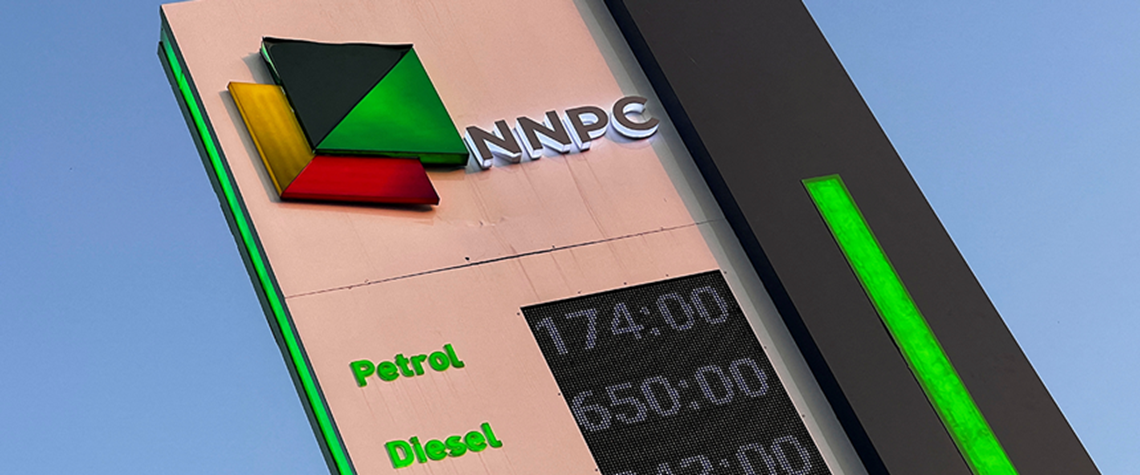Subsidies push Nigeria to the brink
Controversial payments have turned high oil prices into a curse
Nigeria’s status as a major oil producer means it should be enjoying a boom. Instead, 2022 has turned into a year of economic crisis. GDP growth is lagging the African average, inflation has soared to the highest level in 17 years and state-owned NNPC has not contributed a single naira to the government’s coffers. This paradoxical situation for a significant producer and exporter of oil stems from the fact that Nigeria has almost no domestic refining capacity. Imports of refined petroleum products are subsidised via NNPC—meaning consumers pay less than half the price they would be charged if subsidies were removed. The massive cost of subsidising fuel imports comes at a time when oil product

Also in this section
26 April 2024
While the US has been breaking records for its premium grade crude, there are doubts over whether you can have too much of a good thing
26 April 2024
Slowing demand growth and capacity expansions will squeeze refiners in coming years
25 April 2024
Some companies with assets in Israel have turned towards Egypt as tensions escalate, but others are holding firm despite rising tensions
24 April 2024
But even planned exploration activity is unlikely to reverse declining output from mature fields







